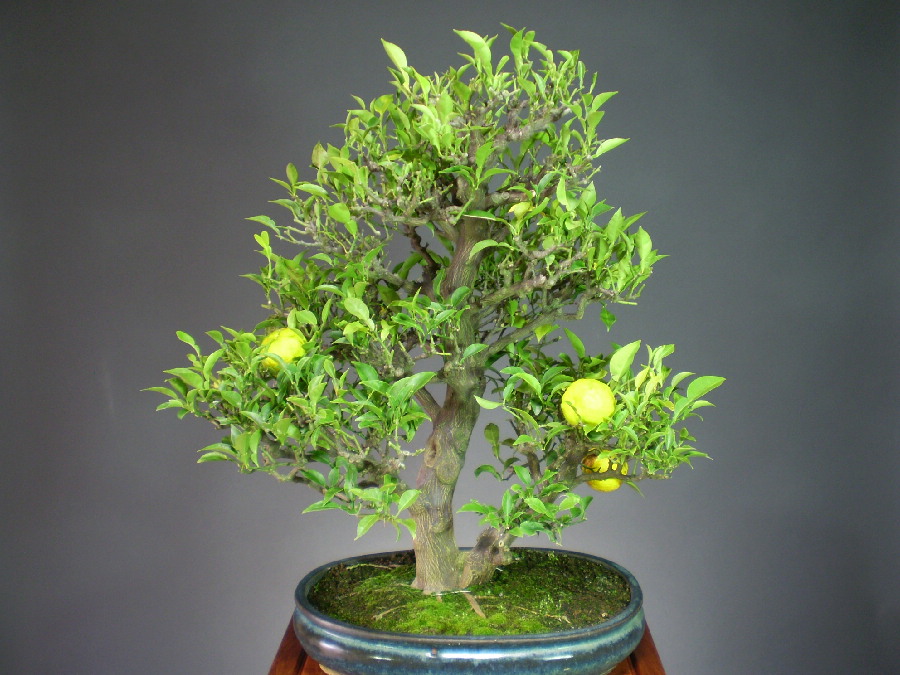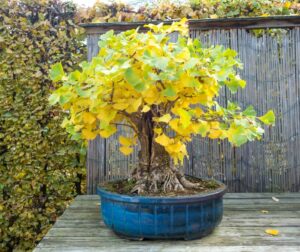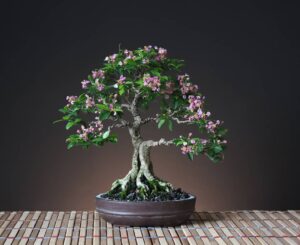
YUZU (Japanese Winter Hardy Citrus)
Yuzu (Citrus junos, from Japanese 柚子 or ユズ) is a citrus fruit and plant in the family Rutaceae of East Asian origin. Yuzu forms an upright shrub or small tree, which commonly has many large thorns. Leaves are notable for a large, leaf-like petiole, resembling those of the related makrut lime and ichang papeda, and are heavily scented. It is unusual among citrus plants in being relatively frost-hardy, due to its cold-hardy Ichang papeda ancestry, and can be grown in regions with winters as low as −9 °C (16 °F) where more sensitive citrus would not thrive.
In Japan, an ornamental version of yuzu called hana yuzu (花柚子, 花ゆず) “flower yuzu” is also grown for its flowers rather than its fruit. A sweet variety of yuzu known as the yuko, only present in Japan, became severely endangered during the 1970s and 1980s; a major attempt has been made to revive this varietal in southern Japan. Another variety of yuzu in Japan, with knobby skin, is called shishi yuzu (獅子柚子, literally “lion yuzu”).
Yuzu is also known for its characteristically strong aroma, and the oil from its skin is marketed as a fragrance. In Japan, bathing with yuzu on Tōji, the winter solstice, is a custom that dates to at least the early 18th century. Whole yuzu fruits are floated in the hot water of the bath, sometimes enclosed in a cloth bag, releasing their aroma. The fruit may also be cut in half, allowing the citrus juice to mingle with the bathwater. The yuzu bath, known commonly as yuzu yu (柚子湯), but also as yuzu buro (柚子風呂), is said to guard against colds, treat the roughness of skin, warm the body, and relax the mind.
Yuzu is also commonly used in cooking and flavoring in Japan. It is similar to lemons.
See CITRUS TREE CARE (Source: Bonsai Empire)
https://www.bonsaiempire.com/tree-species/citrus-bonsai
Source: Wikipedia
Katlin Mulligan



